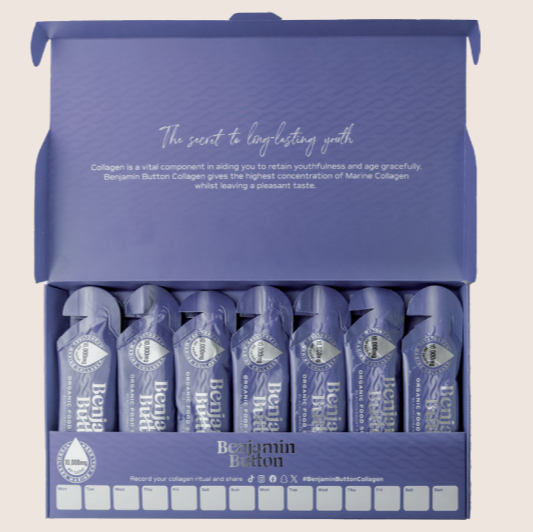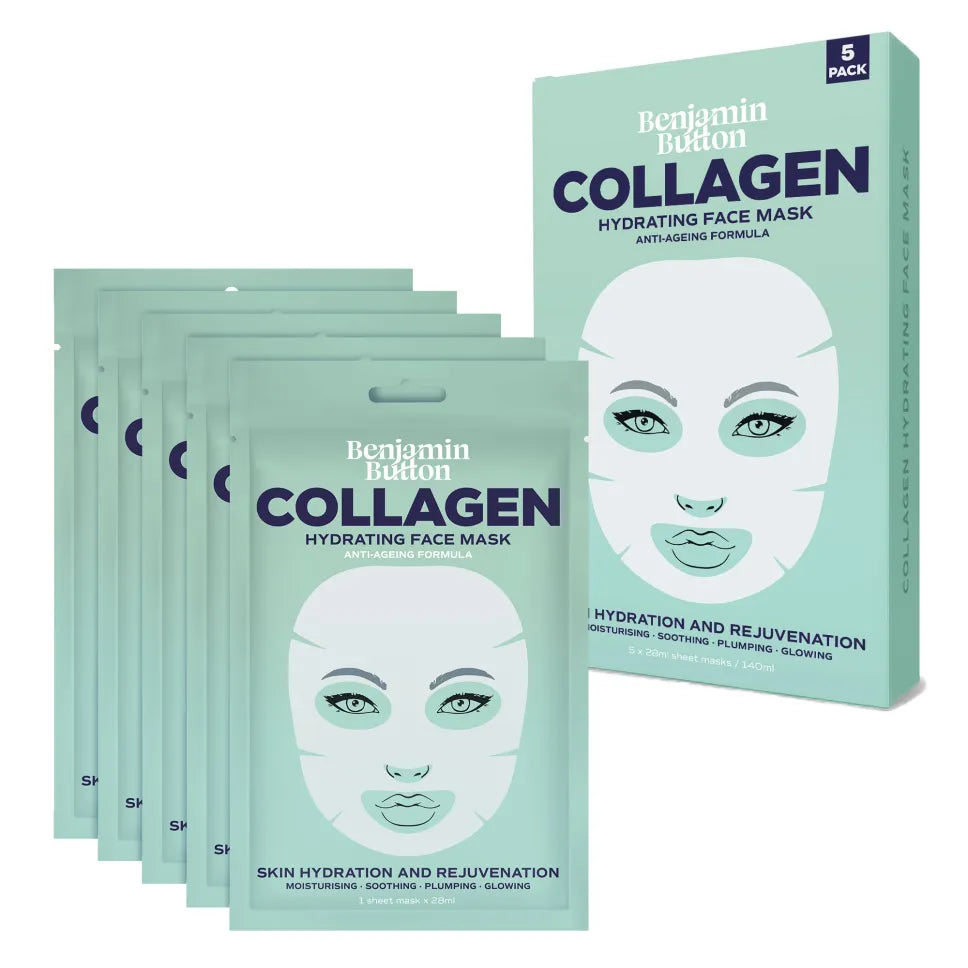Understanding Relationship Conflicts
When we think about relationships, the idea of conflict often evokes negative feelings. However, conflict can be an essential part of a healthy partnership. In reality, the way couples deal with disagreements can strengthen their bond significantly. Relationship conflicts are not inherently detrimental but can provide a foundation for growth, intimacy, and understanding.The Nature of Conflict
It's important to recognise that conflict is a natural occurrence in any relationship. Disagreements arise from differing perspectives, backgrounds, or even just varying moods. This doesn’t imply that love is lost; rather, it presents an opportunity to explore issues more profoundly. Conflicts can lead to:- Increased Communication: Discussing disagreements requires open dialogue, which fosters better communication.
- Understanding Needs: Conflict can highlight unmet needs within the relationship, urging partners to vocalise their desires.
- Conflict Resolution Skills: Working through issues together helps develop essential problem-solving skills, critical for future challenges.
The Benefits of Conflict
Embracing conflict can lead to numerous benefits that enhance a relationship. Here, we delve into some of the positive outcomes that arise from confronting and resolving conflicts.1. Strengthened Emotional Bond
When a couple successfully navigates disagreements, they often emerge with a deeper emotional connection. The process of working through conflicts can lead to better emotional intimacy. As partners share their thoughts and feelings, they become more attuned to each other's emotional states.2. Improved Trust
Addressing conflicts head-on requires vulnerability. When both partners feel safe to express their concerns and opinions, trust begins to blossom. A foundation of trust allows each person to be open about feelings and insecurities without fear of judgment or retaliation. This openness fosters a resilient relationship, where partners support each other even in turbulent times.3. Personal Growth
Conflict encourages individuals to reflect on their thought processes and behaviours. Engaging in discussions during a disagreement can lead to self-awareness and personal growth. Partners may learn to compromise and delve into their perspectives, enabling them to become more empathetic. The evolution of individual character often translates to a stronger partnership, with each person growing alongside the other.4. Clearer Boundaries
Conflicts help establish and reinforce boundaries within a relationship. Through discussions about what is acceptable and what isn’t, partners can create clearer expectations, reducing the likelihood of future misunderstandings. Having defined boundaries fosters a sense of security, as each person knows their limits and what to expect from one another.Healthy Conflict Resolution Strategies
For the benefits of conflict to materialise, how couples navigate disagreements is crucial. Implementing healthy conflict resolution strategies can make a world of difference in strengthening a bond.1. Open Dialogue
Encouraging open dialogue is vital. Partners should feel comfortable expressing their thoughts without fear of repercussions. Active listening is equally essential; acknowledging each other’s feelings shows mutual respect.2. Stay Focused on the Issue
During a conflict, it is important to focus on the current issue rather than bringing up past grievances. Sticking to the matter at hand prevents a spiral into deeper resentment and helps maintain clarity during discussions.3. Take a Break if Necessary
Sometimes, tensions can escalate during a disagreement. Taking a moment to step back and cool down can be beneficial. Agreeing to revisit the conversation later allows emotions to settle and ensures a more productive discussion.4. Compromise and Find Solutions
Conflict resolution is about finding common ground. Each partner should strive to compromise, acknowledging that both perspectives are valid. Creative brainstorming can make problem-solving an engaging endeavour rather than a burden.5. Seek Professional Help
If conflicts become too challenging to navigate alone, considering relationship counselling can provide additional tools for effective communication. Professionals can guide couples through unresolved issues and teach strategies for healthier interactions.Conflict as a Catalyst for Connection
Ultimately, it is crucial to shift the perception of conflict from something negative to an opportunity for enhancement. Engaging deeply with one another during challenging situations can unveil new layers of understanding and admiration. Couples that welcome conflict often find themselves co-authoring a narrative rich in empathy, trust, and resilience. In essence, conflict is not the enemy of a healthy relationship; instead, it serves as the catalyst for growth. The more adept partners become at resolving conflicts, the stronger their bond will become. Embracing the complexity that comes with disagreements may just set the stage for a partnership that flourishes in love, trust, and unwavering support.In conclusion, it is evident that navigating conflict can yield profound benefits, enriching relationships in ways that might initially seem counterintuitive. By adopting a healthier approach to conflict, couples can cultivate deeper emotional bonds that are resilient enough to withstand future challenges. Remember, the journey through conflict can often lead to the most significant growth as partners shower one another with understanding and compassion.






















